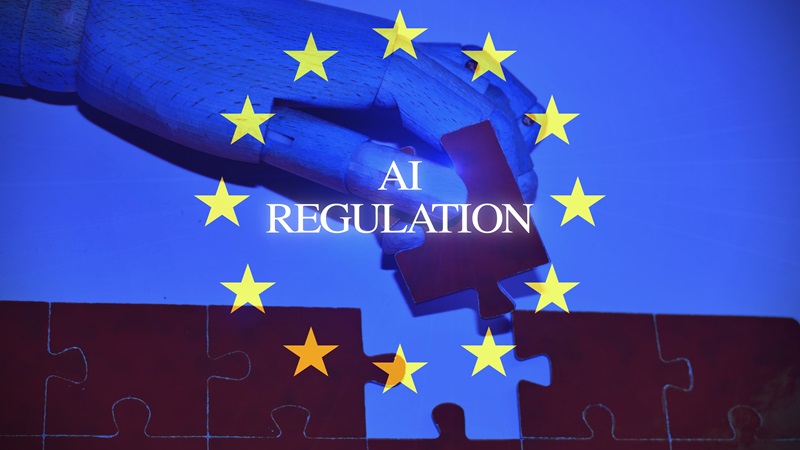The AI Act of the European Union, which is pioneering legislation aimed at regulating artificial intelligence’s development and implementation, has undergone several rounds of trilogue talks involving the EU Council, the European Parliament, and the European Commission. Despite being initially expected to be finalized by late 2023, the process has faced delays, with a fifth trilogue talk scheduled for December 6, 2023.
As of late 2023, the EU lawmakers have yet to reach a consensus on the guiding principles and standards for AI development, unlike the U.S., the U.K., and the G7, which have made significant strides in this area. The disagreement primarily revolves around the regulation of foundational models, particularly concerning smaller AI companies and startups, a point of contention for major EU member states like France, Germany, and Italy.
Furthermore, issues related to the use of biometric identification in public spaces and the enforcement of the AI Act alongside the General Data Protection Regulation (GDPR) have further complicated the legislative process. The interplay between the two regulations poses challenges, especially regarding data processing and consent requirements.
If the EU fails to finalize the AI Act before the end of 2023, there is a possibility that its passage could be delayed until after the European Parliament elections in 2024 or even 2025. The outcome of the upcoming trilogue talks in December 2023 will be crucial in determining the future of AI regulation in the EU.
For more insights and discussions on the EU AI Act and its implications, feel free to engage with us on LinkedIn, Twitter, or Facebook. Your perspectives are valuable to us!






